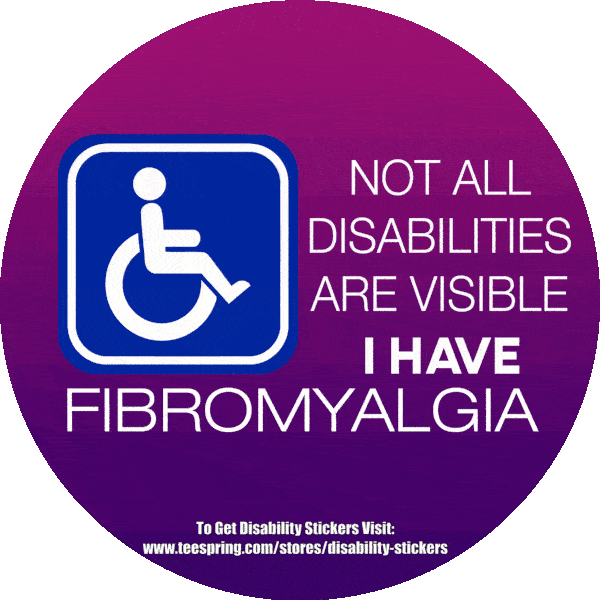8 Weight Loss Tips During Menopause in Fibromyalgia
Weight loss is never an easy choice. If you have fibromyalgia, your tactics for weight loss appear more difficult. Calories are the culprit when it comes to weight gain, so losing weight is a result of a decrease in calories. Reduce your daily intake by adjusting your diet and enhance your daily calorie-output with work out.
Here’s where it gets tricky for someone with fibromyalgia: the pain that accompanies the condition makes exercise uncomfortable. With a strong attempt though, you’ll find the exercises that helps you flame calories and protects you from ache. Many women living with fibromyalgia and menopause have a fear of going into menopause that is either natural or induced surgically through hysterectomy.
More than ever before we have to deal with lifestyle factors and what I like to call “menopause fundamentals” in order to keep away from the pitfalls often linked with fibromyalgia and menopause. I want to stress something of great importance here and that is weight loss during menopause. Menopause officially starts when a woman hasn’t had a menstrual cycle for 12 months. Here are few tips to lose weight during menopause.
The low carb diet
Many studies have shown that low-carb diets are excellent for weight loss, and are also able to reduce abdominal fat. It’s important to remember that with age, your calorie needs reduce. You can eat less and still function just as well.
Eat small meals
Shifting to mini meals is another great way to avoid weight gain. Eating small meals can help control some menopausal symptoms such as bloating, gas, and diarrhea along with keeping pounds off. You can continuously feel energized by recurrent mini meals, and mini meals can even help you make smarter food choices an important part of weight management.
Eat more fish
The way menopausal women take actions and feel is influenced by her diet. The foods you eat can suppress your menopausal symptoms or make them worse. Increased threat for heart disease is there for women who go through menopause. It helps to include more fish in your diet. Unsaturated fats, which are the good fats, are present in fish and are healthy for all of us.
Eat more fruits and vegetables
Escalating your ingestion of fruits and vegetables will also assist you to meet your every day nutritional requirements without appreciably mounting your calorie ingestion. Because of the large amounts of antioxidants in fruits and vegetables there is seen decrease risk of heart attack in consumers of fruits and vegetables.
Get involved in clean living
When your hormones are balanced your metabolism functions to the top of its capability, one of the finest ways to create this balance is with hygienic living. Toxins are in your cleaning products, cosmetics, water and food. Items that have toxins are filled with chemicals. This can result in your healthiness and weight going into a state of chaos. The solution is to get involved in clean living.
Lets wear this purple for fibromyalgia Awareness
you can get this awareness shirt from here
To get started with clean living, you want detox your body. Detoxification is when your body flushes out harmful chemicals and toxins. It is suggested that you detox one to two times a year. However, it is more beneficial to detox your body on a daily basis. Thinking about the foodstuff you eat, the air you inhale and the water you soak up and drink is included in daily detoxification. You can jumpstart this process by going through a guided cleanses with a health care professional.
Add proteins to your meals
With age, our protein requirements increase. Our body parts made of proteins include skin, bones, muscles, organs, cartilage, antibodies, enzymes, and some hormones. A lack of proteins can direct to weak muscles and lessen immunity, along with other troubles. During menopause, it’s the proteins that stop the body from storing fat. Proteins help keep you feeling fuller longer since proteins are lofty with fiber and take longer to absorb. Proteins also help the body recover from infections, illnesses, and surgery. Get sufficient protein from lean sources such as fish, shellfish, meats and hen, eggs, low-fat dairy products, nuts, legumes, and soy.
Walk more
Try getting in about 30–60 minutes of moderate-level bodily activity daily and adopt an exercise routine you can keep up with. If you require losing weight, set strong, achievable goals that you can attain and uphold. During menopause both muscle mass and bone density be inclined to decrease, walking is a weight-bearing work out and will help you with both of them. Walking is one of the best ways to get back into an exercise routine without fear of injury
Increase your calcium
To carry out diverse functions and to preserve strong bones the body wants calcium. The majority of calcium is stored in your teeth and bones. It provides rigidity and composition for these bones. Your want increase in calcium after the age of 50, it increases from 1,000 milligrams of calcium per day to 1,200 mg. It is harder for your bones to absorb calcium because at this stage the body does not produce much estrogen. Calcium is present in many fruit juices, tofu, breakfast cereals and soy and rice beverages. It helps to check the product label to see if a food contains the mineral. You desire to add major amounts of calcium to your diet. Another option is to take a dietary supplement. You can find calcium in multivitamins. There are dietary supplements that contain calcium with vitamin D or just calcium.
Related Article:
How to Loss Weight in Fibromyalgia
References:
- via Dieting Well
- Via Health Line
For support and Discussion join the group “Living with Fibromyalgia and Chronic Illness”
Subscribe to our website for Email notification of our new Posts. Like and Follow us on Facebook. Swipe Left to Read more on Fibromyalgia or Click Here ..


